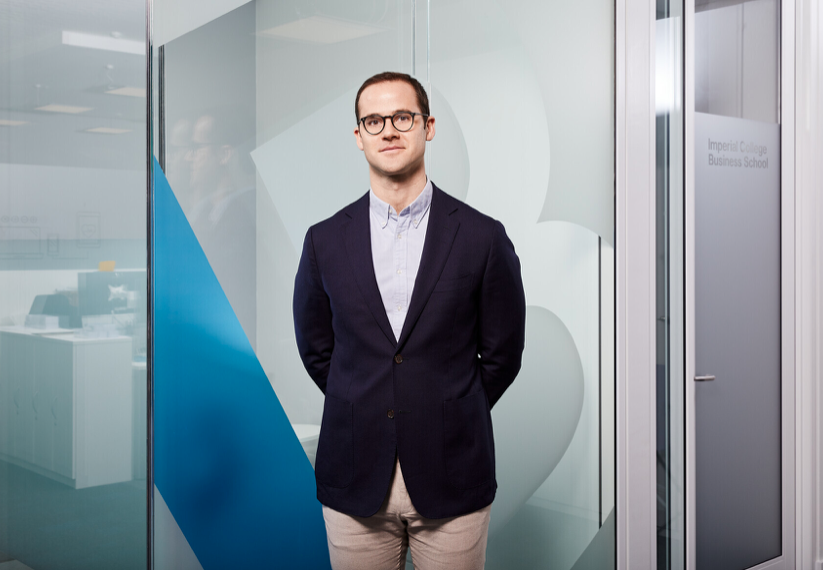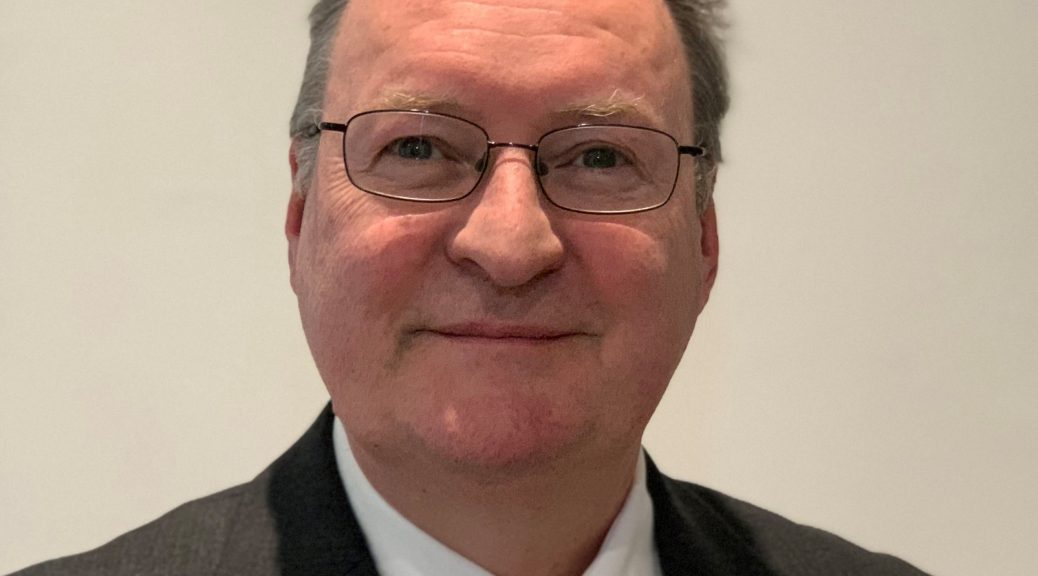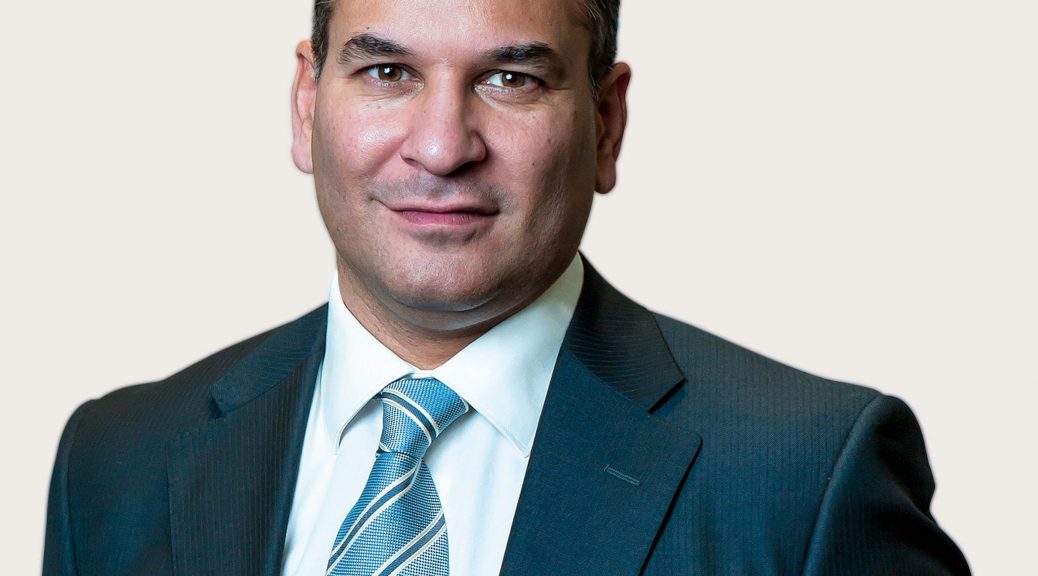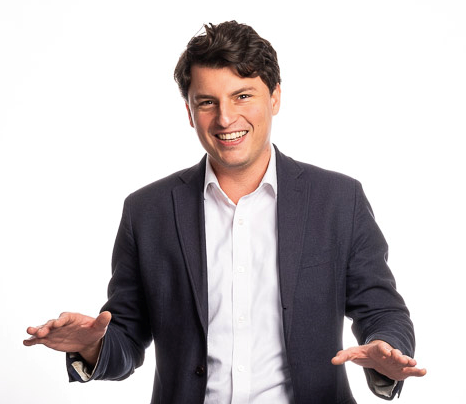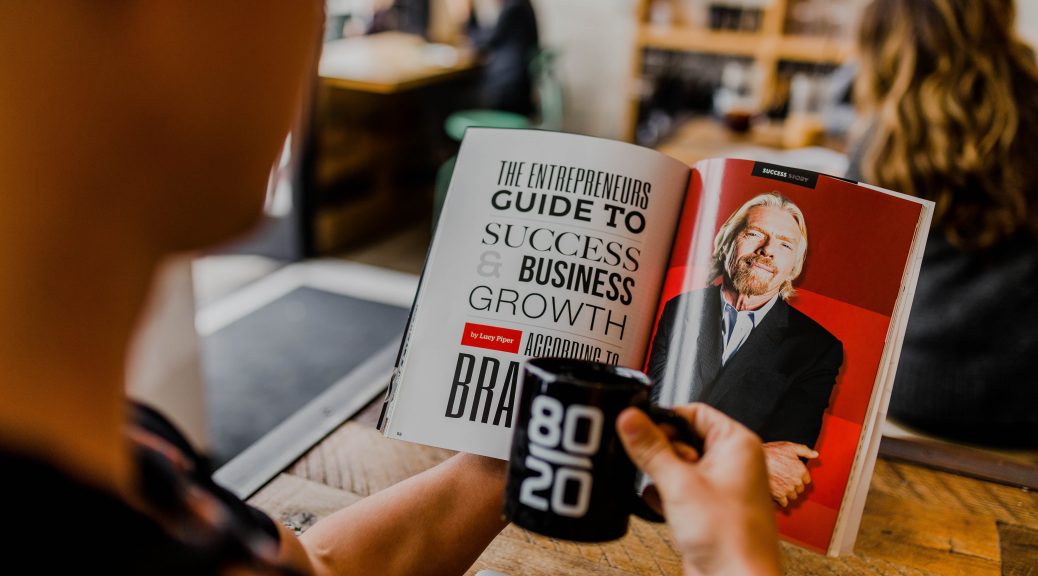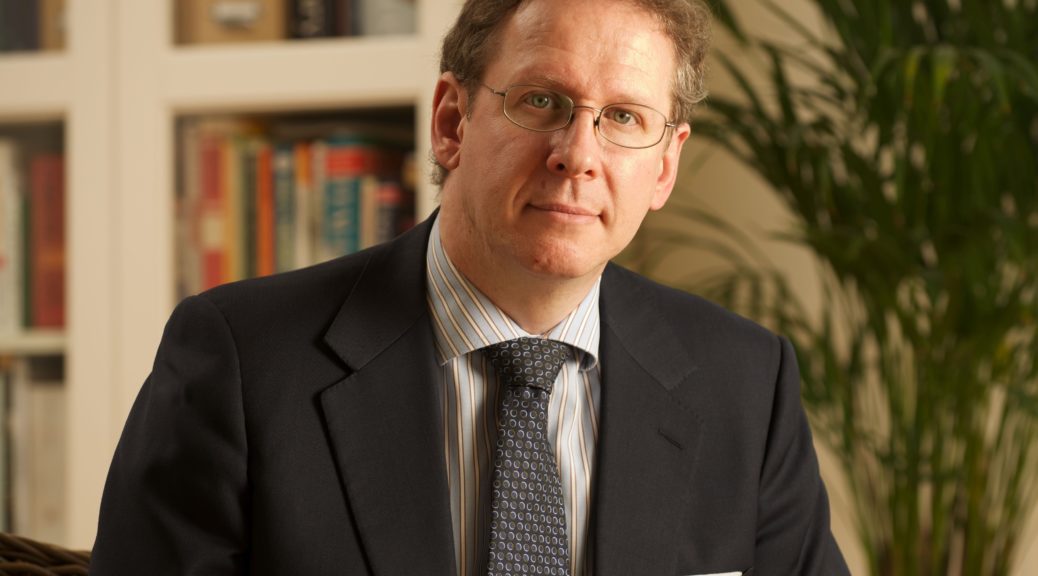
For most people considering an MBA, it is assumed that once they have completed their studies, they will be rewarded with career advancement with a prestigious company and an immediate salary increase. But do students have realistic expectations about getting an MBA? And how do expectations compare to real-life experiences of going through an MBA programme?
In this article, we will cover both the realities of business school life with the help of three Sainsbury Management Fellows (SMFs), scholarship students who (at the time of writing) are still studying as well as taking a look at ‘expectations versus reality’ post- MBA regarding salary aspirations, how much value employers put on an MBA and opportunities in the current job market.
Undertaking an MBA programme is extremely challenging and requires a lot of work and dedication. This is not too surprising as graduates will earn a world-class business education in one to two years, depending on the business school. However, some students can underestimate the work that MBAs require and the pressure this creates.
The intensity of business school begins from the moment you arrive and involves long hours with hardly any free time. It is not something students complain about as everyone is working to the same end, it is just that many say that they have never worked so hard before, despite many having come from busy, thriving organisations.

Kieran Chandler, an SMF currently studying at INSEAD shines some light into the atmosphere students can expect when they first arrive at business school, “Everyone I spoke with before starting my course told me that an MBA would be intense, but little could prepare me for just how much is crammed into every single second. From studying to career development, sport, clubs, and of course some socialising, there are a million and one opportunities. The only thing that is for certain is you can’t do everything, and you will soon become far too familiar with the concept of MBA FOMO!”

Another SMF Sam Vennin, an MBA candidate at London Business School was surprised by the initial intensity of term life but grateful for the many opportunities and electives to choose from, “However, I was pleasantly surprised by how much you can tailor your experience through a vast number of electives. I liked the fact you can pick most of them in your second year, once you have already done your summer internship and have identified areas you feel you need to improve. A lot of thought goes into the composition of study groups. I felt like mine suited my character and way of working perfectly while I know it would have been harder for me in other groups.
“It’s important to get in early if there are clubs and societies you want to get involved in. I was not expecting the application season for positions on the clubs’ executive committees, such as the Healthcare Club or the Technology & Media Club, to start so early! My MBA started in mid-August and by late September/early October, all the leaderships positions had already been filled,” said Sam.
Students may underestimate the amount of competition they will encounter at business school. Being ‘top dog’ is the norm for many students, but they will soon discover that the ability level at business school is incredibly high. With the tough entry requirements of top international MBA programmes, students will quickly discover that their classmates are also top performers. It can be difficult for new students to come to terms with, but the intensity of the classes tends to drive everyone to a stronger performance overall.

Reflecting on his first few days at IMD Business School, entrepreneur, SMF Henning von Spreckelsen said, “One of the attractions of my business school, IMD, was the multicultural, multilingual nature of the students – there were 42 nationalities in my cohort. I’m a German national, educated in the UK and Belgium so I speak fluent French and German and thought that with three languages I would be on par with other students, but the average number of languages spoken by students was between four and five. You went into the study rooms to debate different cases and it would be done in Spanish in one group, in French in another group; you might have a German lawyer arguing with an Italian engineer in a language that was not their mother tongue – it was impressive.”
Most students who first attend business school admit to being amazed by the diversity of students on their course. Far from the misconception that business schools are filled with a certain type of character, the opposite is true. They are very diverse with students from different countries, different cultures, different ways of looking at problems and different perspectives of the world. Most say that the course changes their world view of things – they realise that there are different ways to look at one problem, and importantly, they make a network of friends which they keep in touch with for life.
As an example of the level of diversity students can expect to enjoy, the current MBA class at Cambridge boasts 41 nationalities and students hailing from educational backgrounds in the arts, business, engineering, political science, and science.
The MBA experience is certainly challenging with schools actively pushing students well out of their comfort zones. For example, you will now always stay within a study group for the duration of the course – this approach ensures that students work with a diversity of students and are pushed to their limits and begin to think differently.

SMF Mihir BhushanFor SMF Mihir Bhushan, an MBA Candidate at MIT Sloan, business school is both unexpected and a revelation, “The flexibility has been astonishing in a positive way. It means that no two MBAs come away from business school with the same experience. I’ve chosen to take a heavily analytics-based course, far more so than I expected to be able to do. I’ve even taken two computer science courses from the Engineering School. Some friends have been able to focus on start-ups and entrepreneurship and others on soft skills. It’s also super practical and applied.”
Post-MBA
Expectations versus reality post-MBA are harder to detail as they are dependent on the economic climate and in recent times, the unknown long-term effect of the global pandemic. However, some factors remain the same and are useful to consider before students embark upon their studies.
A lot of students expect that once they graduate with an MBA, they will be able to quickly find a high-paying job with a prestigious company, much of this expectation is true because business schools provide extensive recruitment services. However, the technical skills taught in an MBA are not the only important factors. As well as strong business understanding and acumen, firms also look for soft skills, from effective team working to leadership, so be sure to think about this when choosing electives and working through the programme. In addition to your MBA, you need to be able to demonstrate to potential employers that you also have a variety of soft skills.
The top five soft skills most desired by employers according to a survey by the Financial Times are the ability to work well with others, the ability to manage time and resources, being able to see the big picture in business, being able to network with others and the ability to demonstrate problem-solving skills.
Post-MBA, when students are preparing for job interviews, it is useful to think about times when you encountered problems in the above areas and managed to solve them. And if you are still a student, it is important to build up your network and work on extra-curricular activities to develop your skills further.
A very real potential obstacle for current students is the long-term effect of the coronavirus pandemic. There is no doubt that it has hit the economy and jobs market hard. Businesses had to furlough staff, the hospitality and travel sectors were in forced hibernation, and the ability of workers worldwide to work from home is still being put to the test. However gloomy the situation may appear at the moment; it could be that an MBA will make you stand out even more in the post-coronavirus jobs market.
It is cause for optimism and a belief that the impact of coronavirus, is only a temporary hit and that we will travel again, and we will return to bars, restaurants, cafes etc. In fact, many believe that consulting firms specialising in digital transformation will be in high demand. A factor that could provide a lot of employment opportunities for young people coming from a computer science or business background, like MBAs.
MBA graduates may well be in high demand in the years following the coronavirus pandemic, as companies look for recruits who understand every mechanism that makes up a business. A great advantage for MBA students who have acquired these skills in a very intense and recent learning environment.
In terms of salary expectations versus reality, it is also difficult to predict as salary levels depend on a variety of factors including the amount of previous work experience, location, and the economy at the time of graduation.
The Independent’s article on the Advent Group’s global survey highlighted that two-thirds of MBA graduates reported being able to climb the career ladder and received higher salaries as a result of their studies, indicating that career expectations are matching reality when it comes to life post-business education. The survey also found that a candidates’ primary motivation for getting an MBA degree is to climb the career ladder, followed by getting a better-paying job, and the ability to switch career lanes.
Pre-pandemic, a Financial Times article reported that, on average, MBA graduates more than doubled their pre-MBA salaries. Reflecting back to the 2008 financial crisis and through to 2014, the average MBA salary increased by only four per cent per annum, while the average cost of an MBA increased by 44% in that time frame. It is reassuring to know that from 2014 salaries have picked up by 12% and have continued to recover – the FT article states that by 2017, the average post-MBA salary was more than £100,000.
Overall, and before the current economic situation, studying for an MBA was almost guaranteed to provide a positive long-term salary increase. However, and especially in the ‘new normal’, students should thoroughly research the salaries in their industry and take their work experience and other factors into consideration as part of their MBA decision-making process. It is harder than ever to map out what might happen in the next five years and a time of uncertainty especially regarding expectations versus reality post-MBA. The landscape may have changed forever but one thing is for sure, employers will still be looking for candidates with the best skills to help their businesses thrive.
To hear more from our Sainsbury Management Fellows, you can reach interviews here and case studies here. If you are interested in finding out about our MBA scholarship scheme visit this page.








